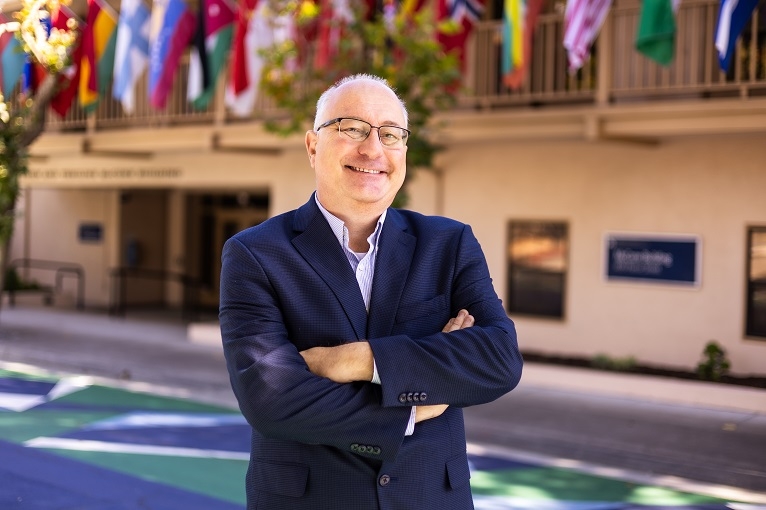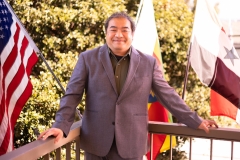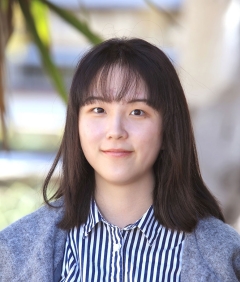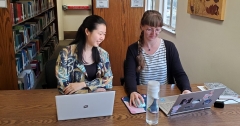New Localization Professor Draws on Both Traditional Translation and Interpretation Training and Corporate Experience
| by Sierra Abukins
Harry Teng draws on his upbringing and education across three continents, classical training in translation and interpretation, and a touch of showmanship as he joins the Institute’s localization faculty.




